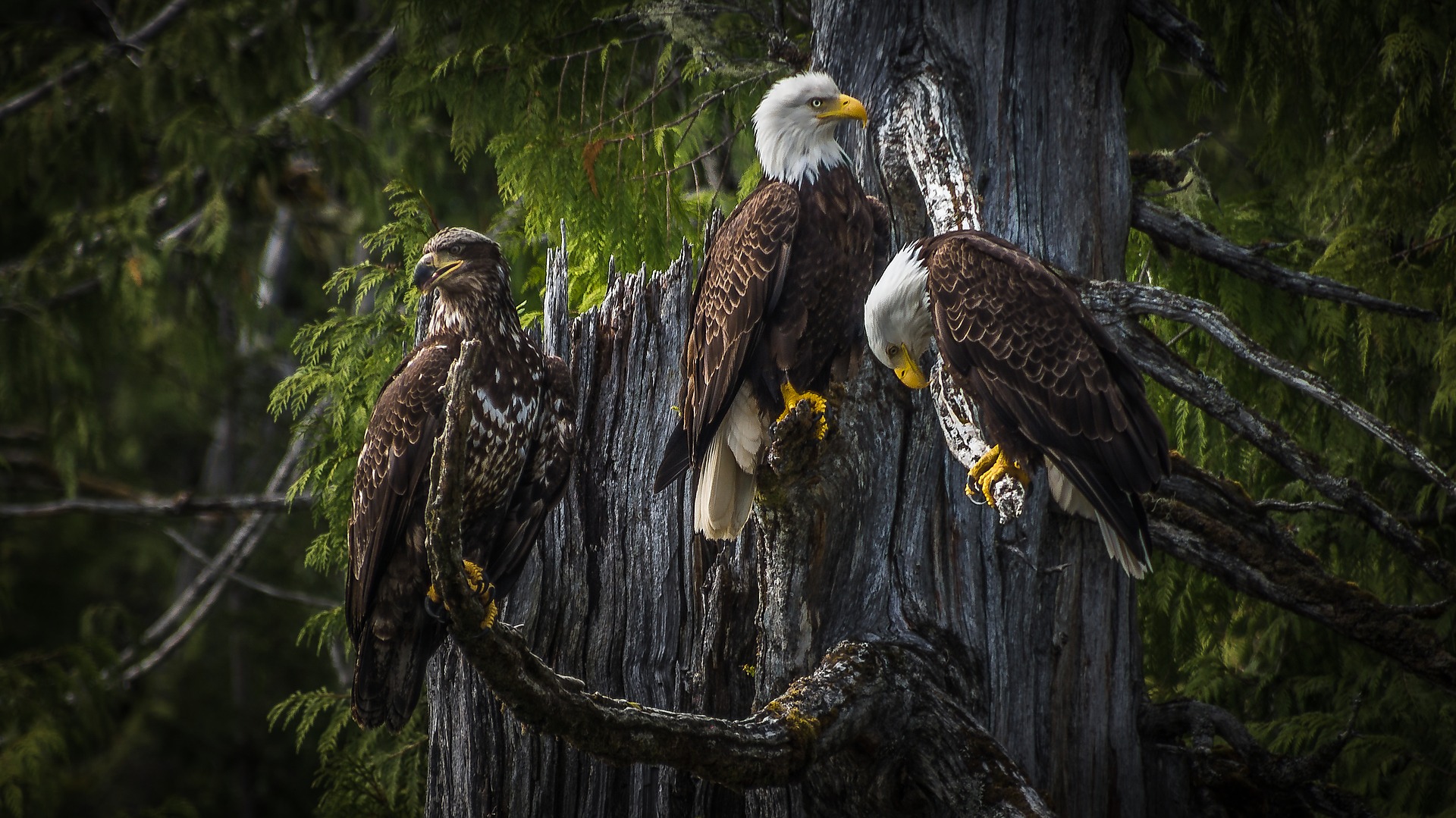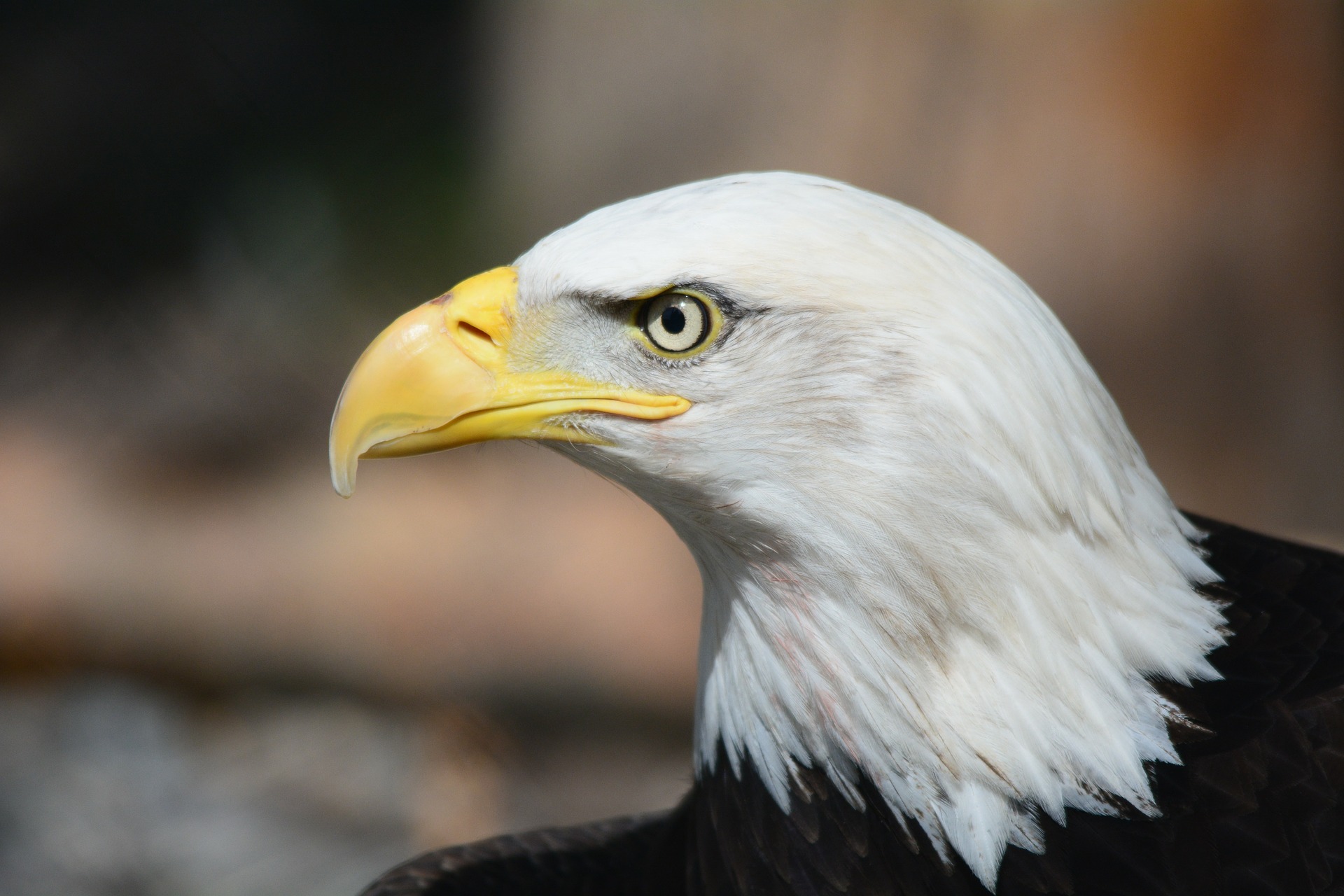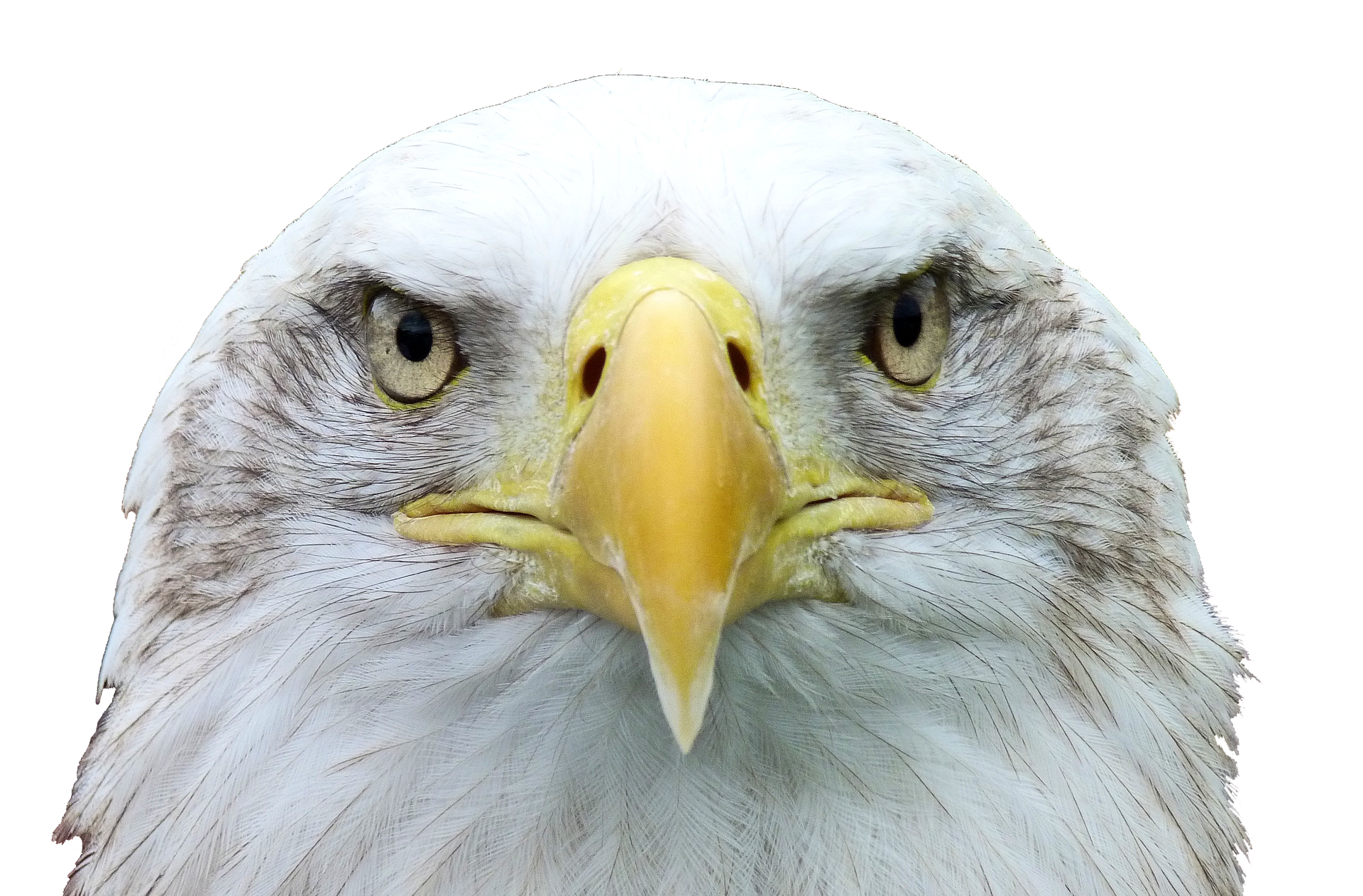Eagles are remarkable creatures and have been sources of inspiration for many people around the world. In the United States particularly, bald eagles have established themselves as iconic creatures that have been responsible for numerous legendary tales passed down from generations gone before to the present day generation. How much do you really know of these widely celebrated creatures, though? Here are some interesting facts about the bald eagle you might find interesting:
1. They don’t actually sound as awesome as they do in the movies

Hollywood creators and animators have often portrayed the bald eagle and all other eagles for that matter, as ferociously lethal creatures tortuously torment their prey as they glide through the skies. Contrary to the accompanying voices we hear in the theaters meant to mimic a bald eagles shriek, they actually sound closer to the sound of a high-pitched and ear-piercing scream than they do with the awesome sound effects in the movies. While Hollywood has expressed some impressive sense of creativity and has probably had a lot of people around the world believing that the bald eagle sounds differently than it actually does, the red-tailed hawk has been credited for the bold sounds we are used to.
2. They live longer than you would expect
Most wild animals cannot boast of extended lifespans owing to the fact that life in the wild can be pretty cruel. Survival does indeed come to the fittest and, to some extent, the smartest in the wild. Bald eagles are just among those wild animals that are both fit and smart for ultimate survival in the wild. Back in 2015, a wild eagle in New York was able to live out its life in a span of a remarkable 38 years. This is pretty outstanding, keeping in mind that bald eagles are known to couple up as they approach 5 years of age and, like loving human couples, live out their lives together.
3. True survivors

We have had to coexist with animals throughout the age of time. However, the constant interaction between humans and wild animals has not exactly worked advantageously for both categories of species. Bald eagles were considered to be highly destructive and livestock threatening as well as very substantial competitors for game. As a result, a war was wedged against them, and the birds were almost wiped out. They were not for legislative intervention to protect them. So much so was the bald eagle population devastatingly falling that a survey in 1963 unearthed just 471 bald eagle couples in the lower 48 states of the United States. These numbers have of late swelled up thanks to banning of DDT, a chemical used by farmers in insecticides that caused a ripple effect up the food chain threatening to eliminate the bald eagles. At the moment, the lower states are home to an unprecedented over 9700 nesting couples.
4. Master architects
If birds had an award for the best and most daring architects, then bald eagles would have a pretty competitive chance of going home with this award. This is because they hold the world record of constructing the largest bird’s nest. It may not be the best looking or the most sophisticated; a bald eagle’s nest is pretty intimidating in terms of size. Averagely, a bald eagle’s nest will measure 2-4 feet deep by 4-5 feet wide. This is, however, dwarfed by the record set by a pair of bald eagles in St. Petersburg, Florida, which measured at an astonishing 20 feet deep and 9.5 meters wide. As if that was not enough, the nest weighed in at over 2 tons! This is pretty impressive for a pair of birds regardless of how long it took to complete this structure.
5. Female domination

Well, they actually do more in terms of size than anything else. Female bald eagles can weigh up to 25% more than their male counterparts. This is certainly intriguing as scientists have been left to theorize and speculate as to exactly why the male bald eagle is such a small stature as compared to the female counterpart. One of the main reasons offered in an attempt to explain this size difference has been attributed to the need of the female bald eagle needing to incubate their eggs for a longer period of time and therefore need to be strong enough to protect the eggs. Therefore, size can be an identifying factor that separates males from females if you are trying to recognize either of the two.
6. North American Native
The bald eagle is particularly unique to North America despite having some pretty closely related relatives belonging to the same genus Haliaeetus. The golden eagle, often dramatically referred to as America’s other eagle, is a close relative of the bald eagle and can be found in most parts of the entire northern hemisphere. This bird can easily be confused with the bald eagle owing to the close resemblance between the two species. The bald eagle, however, is only found in North America and particularly in some parts of northern Mexico, and on a much larger scale in Canada and the USA.
7. “Hawk-eye”

Part of what makes the bald eagle as amazing as it is is that its eyes are the kind of stuff Hollywood bases their fictional superhero movies on. Thanks to a special function of an eyelid called nictitating membrane possessed by bald eagles. They can both see and blink at the same time without closing their eyes at all. This transparent membrane as well allows them to keep their eyes moist and protected without having to close their eyes. This convenient feature is complemented by the bald eagles’ laser-sharp eye site as well as their ability actually to see ultraviolet light. This is probably an essential adaptation of birds of prey considering how high and fast they fly while in action. They would need to have pretty good eye-site to be able to hunt and protect themselves from predators.


































